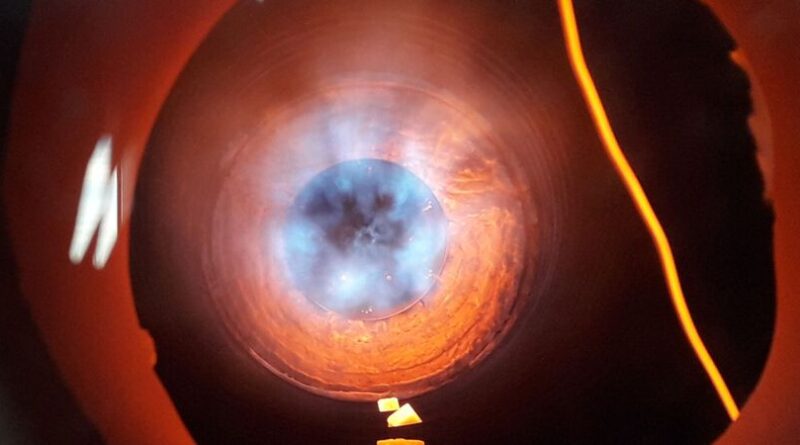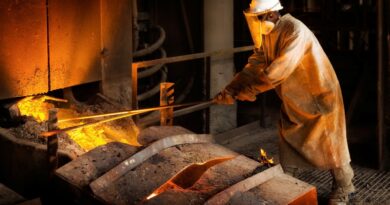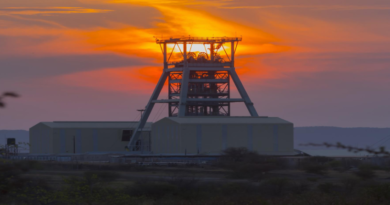Metal, cement, glass combustion processes using green hydrogen
Lhyfe and Fives have announced the signing of a memorandum of understanding to provide a complete decarbonised offer for industry, from hydrogen production to combustion.
This offer speeds up energy transition by facilitating the use of hydrogen in process industries, without needing to modify all the equipment. Lhyfe will produce and supply green hydrogen and Fives will provide optimised and safe solutions for its use in industrial combustion processes.
In recent years, the combustion of hydrogen, which emits no CO2, has emerged as one of the most promising solutions for reducing the carbon footprint of industrial processes.
For example, a secondary aluminium furnace that today produces 120 tonnes per day using natural gas would tomorrow reduce its annual CO2 emissions by more than 4,000 tonnes with the use of hydrogen*.
As recognised experts in their respective fields, Lhyfe and Fives will focus primarily on the metals, glass and cement industries and some selected industrial heating processes and applications in Europe and North America.
Matthieu Guesné, Founder and CEO of Lhyfe:“We are in a pivotal period in the industrial sector and in particular in industrial combustion. After several years of development, hydrogen solutions are now mature and available on the market regionwide. We are proud and delighted to sign this agreement with a company such as Fives, which is helping to accelerate energy transition in the glass, cement and metals industries, thanks to turnkey solutions for their processes.”
Frédéric Thrum, Deputy General Manager of Fives and President of the Energy Division: “As a pioneer in decarbonisation, Fives supports industrial companies in their energy transition, in particular their switch to hydrogen. Our unique and innovative combustion systems are developed to reduce the environmental impact of our customers around the world. We are proud to be partnering with Lhyfe, to respond together to the urgency of climate change and make industrial processes more sustainable and efficient.”
* Based on the assumption: 5t/hr furnace – 700 kWh/t – 6,000 hr/year, 210 g of CO2 avoided per kWh



